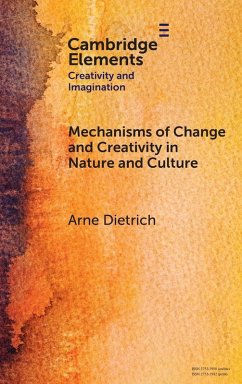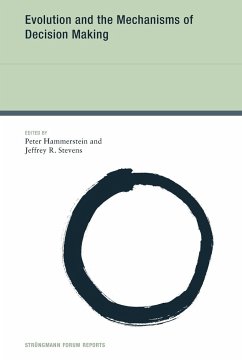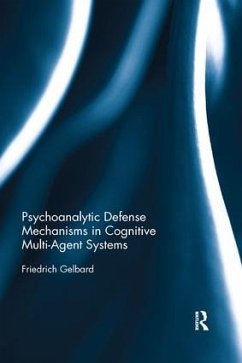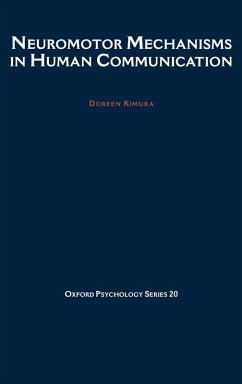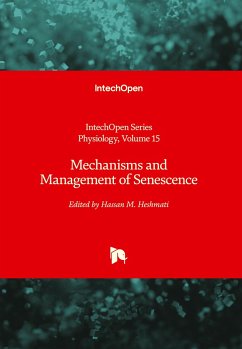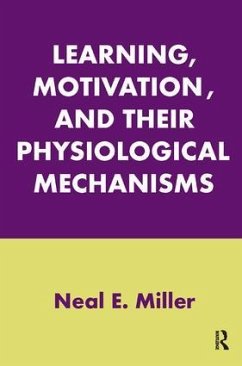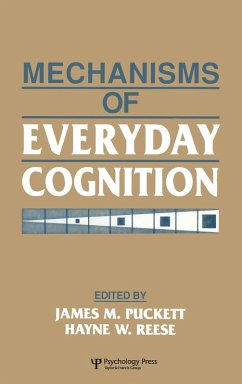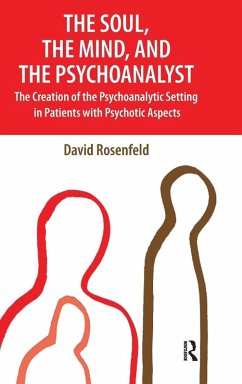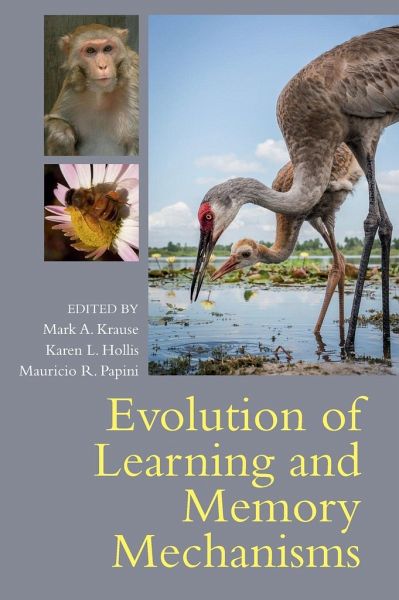
Evolution of Learning and Memory Mechanisms
Versandkostenfrei!
Versandfertig in 1-2 Wochen
108,99 €
inkl. MwSt.
Weitere Ausgaben:

PAYBACK Punkte
54 °P sammeln!
Evolution of Learning and Memory Mechanisms is an exploration of laboratory and field research on the many ways that evolution has influenced learning and memory processes, such as associative learning, social learning, and spatial, working, and episodic memory systems. This volume features research by both outstanding early-career scientists as well as familiar luminaries in the field. Learning and memory in a broad range of animals are explored, including numerous species of invertebrates (insects, worms, sea hares), as well as fish, amphibians, birds, rodents, bears, and human and nonhuman ...
Evolution of Learning and Memory Mechanisms is an exploration of laboratory and field research on the many ways that evolution has influenced learning and memory processes, such as associative learning, social learning, and spatial, working, and episodic memory systems. This volume features research by both outstanding early-career scientists as well as familiar luminaries in the field. Learning and memory in a broad range of animals are explored, including numerous species of invertebrates (insects, worms, sea hares), as well as fish, amphibians, birds, rodents, bears, and human and nonhuman primates. Contributors discuss how the behavioral, cognitive, and neural mechanisms underlying learning and memory have been influenced by evolutionary pressures. They also draw connections between learning and memory and the specific selective factors that shaped their evolution. Evolution of Learning and Memory Mechanisms should be a valuable resource for those working in the areas of experimental and comparative psychology, comparative cognition, brain-behavior evolution, and animal behavior.





